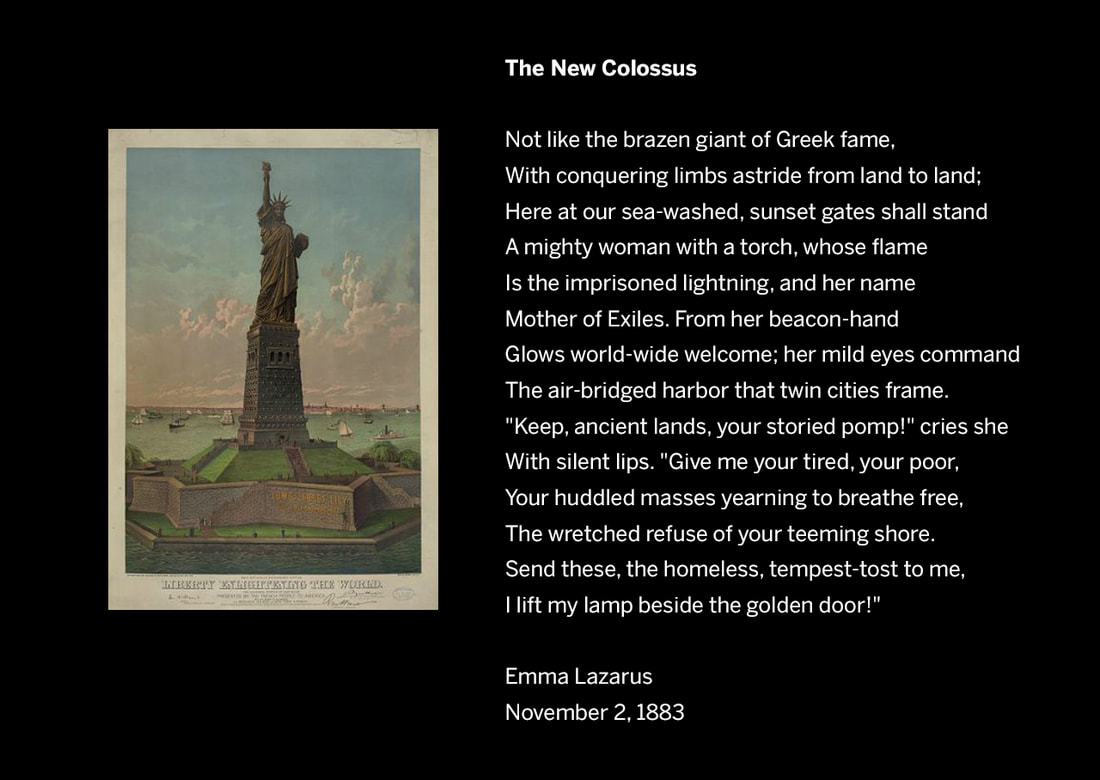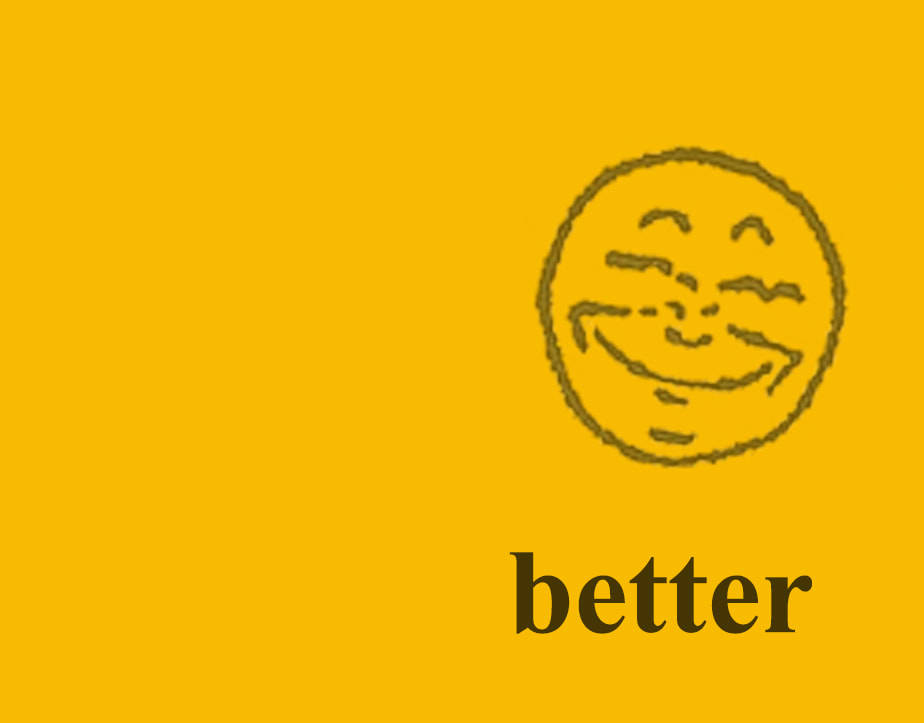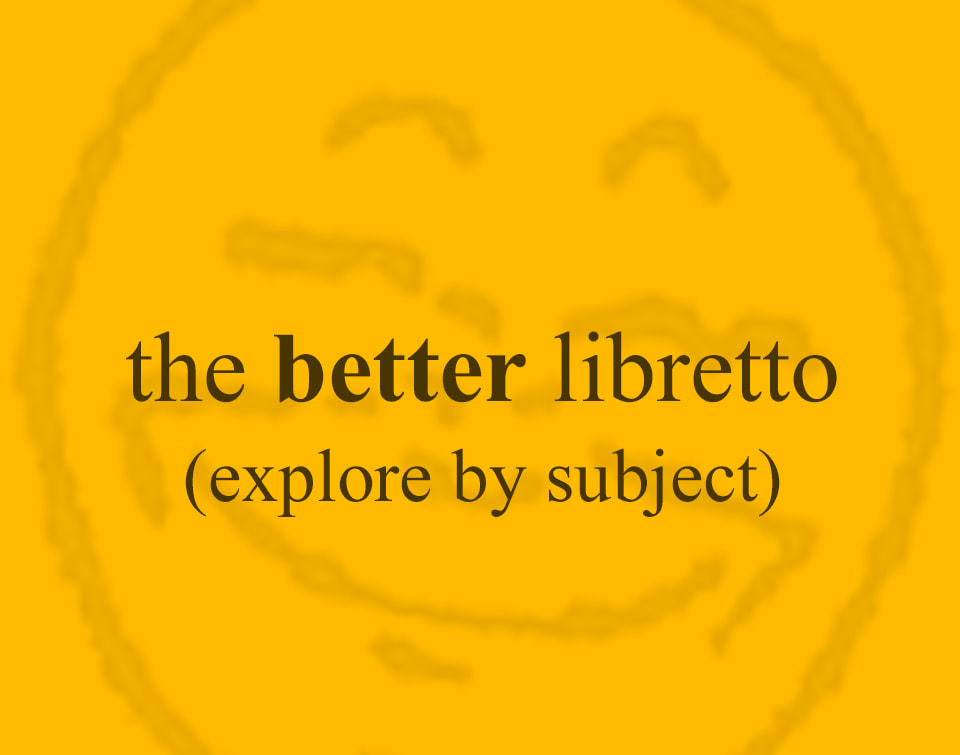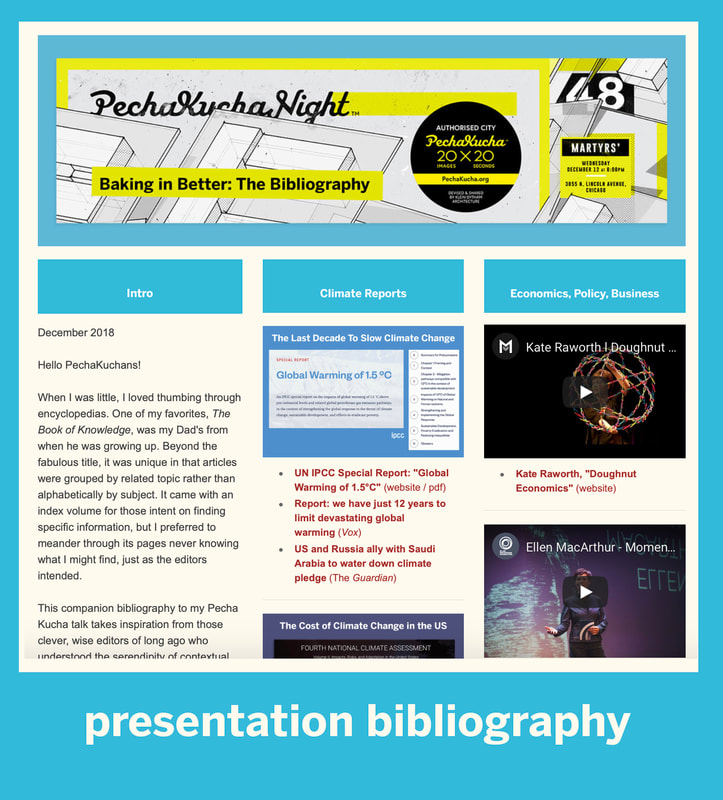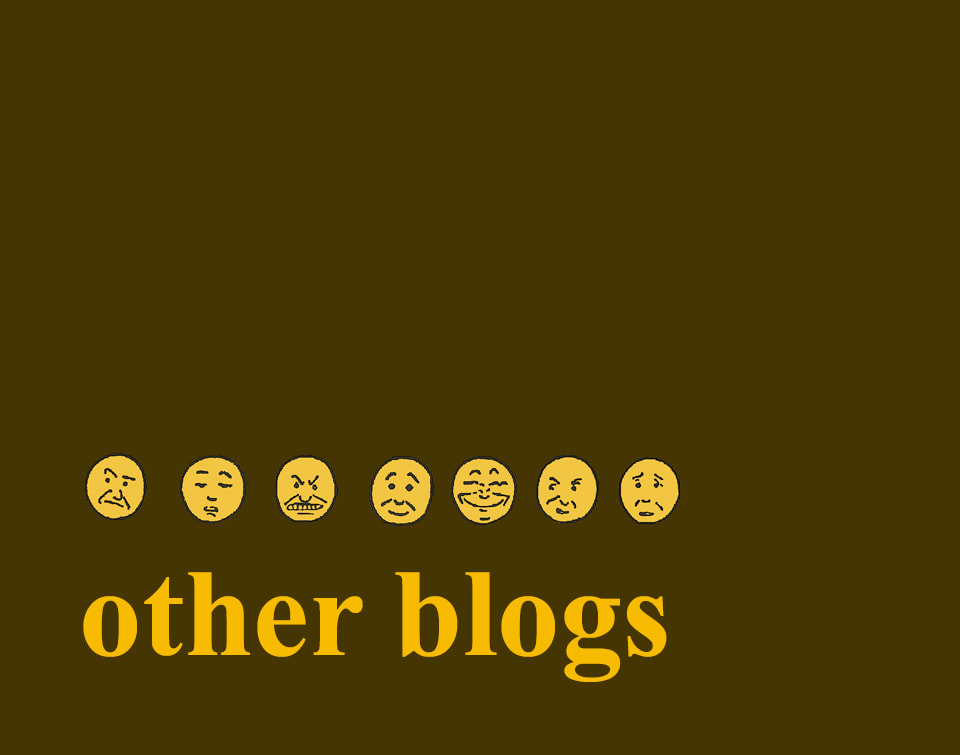(reprinted from the vizlearning blog)
Bullying takes a toll on everyone: those targeted for abuse, those who witness it and also those doing the bullying. It erodes our common sense of decency and fairness, makes us feel powerless and angry and all too often triggers a cycle of violence and hurt. Many times bullies themselves were damaged by bullying.
We also know that children model behaviors. This is how they learn to navigate the world. They follow our lead. They play "teacher" and dress up like superheroes. They hop out to push their own strollers—so much more fun! They set up pretend stores, take care of their dolls and stuffed animals, and fly to the moon in imaginary spaceships.
Parents, teachers and caregivers are constantly modeling good behaviors using theme and variation of the golden rule: "Do unto others as you would have them do unto you." Day in, day out, they teach their children critical social and emotional skills such as sharing, cooperation and taking turns. Not only are these so-called "soft" skills important for success in school, but also in life.
Unfortunately, bad behaviors can be modeled, too.
The policy of separating immigrant children from their parents at the border harms all of us. The pain suffered by the parents is unfathomable. The damage done to the children may be irreversible.
From the Washington Post:
"... The small shelter along the Texas border to Mexico held 60 beds and a little playground for children. Rooms were equipped with toys, books and crayons. To Colleen Kraft, this shelter looked, in many ways, like a friendly environment for children, a place where they could be happy.
But the first child who caught the prominent pediatrician’s attention during a recent visit was anything but happy. Inside a room dedicated to toddlers was a little girl no older than 2, screaming and pounding her fists on a mat. One woman tried to give her toys and books to calm her down, but even that shelter worker seemed frustrated, Kraft told The Washington Post, because as much as she wanted to console the little girl, she couldn’t touch, hold or pick her up to let her know everything would be all right. That was the rule, Kraft said she was told: They’re not allowed to touch the children.
'The really devastating thing was that we all knew what was going on with this child. We all knew what the problem was,' Kraft said. 'She didn’t have her mother, and none of us can fix that.'..."
Imagine that you are in a strange country and that you can't speak the language because you may be too young to speak any language all that well. Your mom is gone. And no one can scoop you up into their arms to comfort you as you cry in pain and confusion. It is hard enough to be a little kid, but to be turned into a negotiating tactic when your age is still measured in months is beyond unconscionable.
Condemnation for this cruel practice has come from all quarters including the American Academy of Pediatrics and a broad cross-section of religious leaders. There have been protests all over the country. Dozens of organizations have mobilized to provide support to the asylum-seekers.
One can only hope that the odious policy will be reversed soon and that families that have been torn apart will be reunited. Yet already so much deep damage has been done, not only to the families but also to the rest of us—especially children—who have watched this horror unfold. Let us hope that rather than learning how to model cruelty, our children will learn how to stand up for those who are unable to stand up for themselves.
RELATED:
• Welcoming Refugee Children into Early Childhood Classrooms | NAEYC
• AAP Statement on Protecting Immigrant Children | American Academy of Pediatrics
• Nazis separated me from my parents as a child. The trauma lasts a lifetime | Yoka Verdoner | The Guardian
• When Donald Trump was separated from his family | Michael D'Antonio | CNN
• Hundreds of children wait in Border Patrol facility in Texas | AP
Bullying takes a toll on everyone: those targeted for abuse, those who witness it and also those doing the bullying. It erodes our common sense of decency and fairness, makes us feel powerless and angry and all too often triggers a cycle of violence and hurt. Many times bullies themselves were damaged by bullying.
We also know that children model behaviors. This is how they learn to navigate the world. They follow our lead. They play "teacher" and dress up like superheroes. They hop out to push their own strollers—so much more fun! They set up pretend stores, take care of their dolls and stuffed animals, and fly to the moon in imaginary spaceships.
Parents, teachers and caregivers are constantly modeling good behaviors using theme and variation of the golden rule: "Do unto others as you would have them do unto you." Day in, day out, they teach their children critical social and emotional skills such as sharing, cooperation and taking turns. Not only are these so-called "soft" skills important for success in school, but also in life.
Unfortunately, bad behaviors can be modeled, too.
The policy of separating immigrant children from their parents at the border harms all of us. The pain suffered by the parents is unfathomable. The damage done to the children may be irreversible.
From the Washington Post:
"... The small shelter along the Texas border to Mexico held 60 beds and a little playground for children. Rooms were equipped with toys, books and crayons. To Colleen Kraft, this shelter looked, in many ways, like a friendly environment for children, a place where they could be happy.
But the first child who caught the prominent pediatrician’s attention during a recent visit was anything but happy. Inside a room dedicated to toddlers was a little girl no older than 2, screaming and pounding her fists on a mat. One woman tried to give her toys and books to calm her down, but even that shelter worker seemed frustrated, Kraft told The Washington Post, because as much as she wanted to console the little girl, she couldn’t touch, hold or pick her up to let her know everything would be all right. That was the rule, Kraft said she was told: They’re not allowed to touch the children.
'The really devastating thing was that we all knew what was going on with this child. We all knew what the problem was,' Kraft said. 'She didn’t have her mother, and none of us can fix that.'..."
Imagine that you are in a strange country and that you can't speak the language because you may be too young to speak any language all that well. Your mom is gone. And no one can scoop you up into their arms to comfort you as you cry in pain and confusion. It is hard enough to be a little kid, but to be turned into a negotiating tactic when your age is still measured in months is beyond unconscionable.
Condemnation for this cruel practice has come from all quarters including the American Academy of Pediatrics and a broad cross-section of religious leaders. There have been protests all over the country. Dozens of organizations have mobilized to provide support to the asylum-seekers.
One can only hope that the odious policy will be reversed soon and that families that have been torn apart will be reunited. Yet already so much deep damage has been done, not only to the families but also to the rest of us—especially children—who have watched this horror unfold. Let us hope that rather than learning how to model cruelty, our children will learn how to stand up for those who are unable to stand up for themselves.
RELATED:
• Welcoming Refugee Children into Early Childhood Classrooms | NAEYC
• AAP Statement on Protecting Immigrant Children | American Academy of Pediatrics
• Nazis separated me from my parents as a child. The trauma lasts a lifetime | Yoka Verdoner | The Guardian
• When Donald Trump was separated from his family | Michael D'Antonio | CNN
• Hundreds of children wait in Border Patrol facility in Texas | AP

